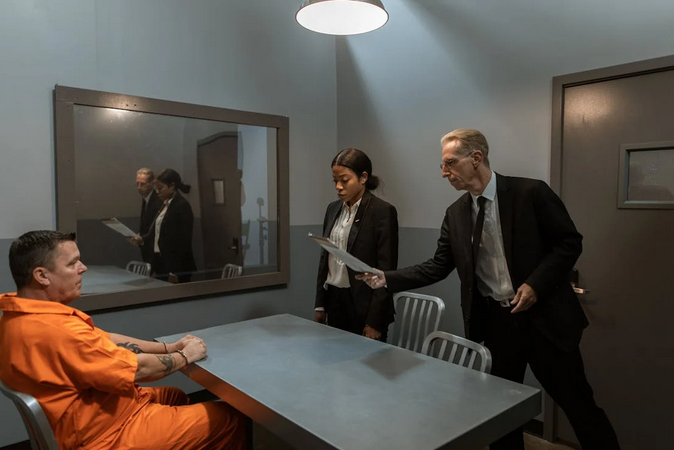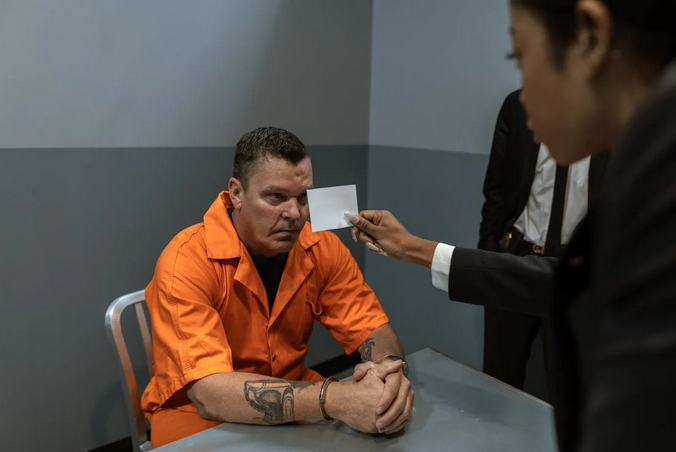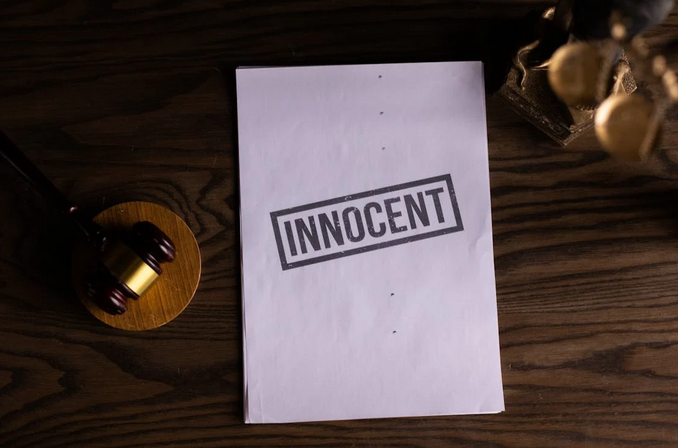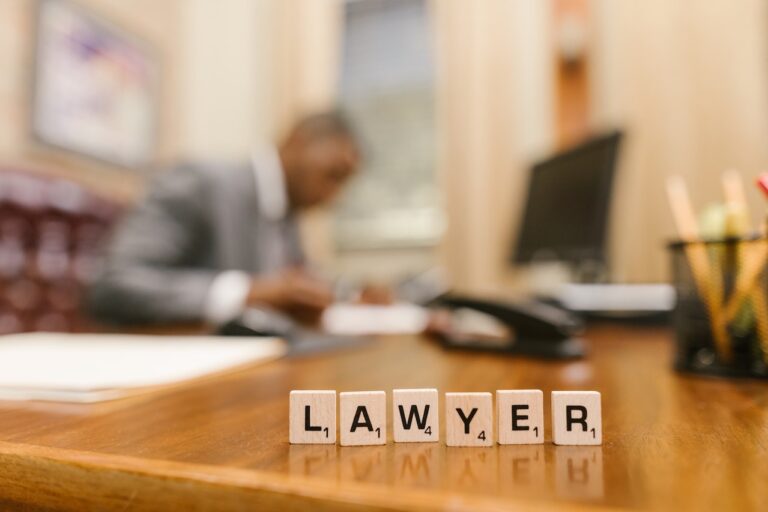Navigating the criminal justice system can be overwhelming, especially when faced with serious charges. For many defendants, plea deals present a viable path to reduce potential penalties and avoid the uncertainties of going to trial. But how do criminal lawyers secure these favorable agreements? It’s not just about knowing the law; it involves a strategic approach combining legal expertise and negotiation skills. In this blog post, we’ll explore four effective ways that skilled criminal defense attorneys work behind the scenes to help their clients achieve better outcomes through plea deals. Let’s dive in.
Building a Strong Defense Case
Building a robust defense case is the foundation of securing a favorable plea deal. It begins with thorough investigation and evidence gathering. A criminal lawyer meticulously examines police reports, witness statements, and any available surveillance footage to uncover inconsistencies. Next, crafting a compelling narrative is crucial. This story should highlight the defendant’s perspective while addressing weaknesses in the prosecution’s case. The goal is to make it clear that there are viable defenses worth considering. Working with a Brisbane criminal defence lawyer can help you build a robust defense case that can convince prosecutors to reassess their position.
Assessing Client Options and Risks

Assessing client options and risks is a critical part of securing plea deals. Each case presents unique circumstances that require careful evaluation. Criminal lawyers start by discussing possible outcomes with their clients, ensuring they understand the implications of each choice. Risk assessment involves delving into the evidence against the client. A skilled lawyer will highlight strengths in the defense while addressing potential weaknesses. This honest conversation fosters informed decision-making. Additionally, attorneys consider factors such as prior convictions or personal circumstances that may affect sentencing.
Establishing Rapport With Prosecutors
Building a positive relationship with prosecutors can greatly influence the outcome of a case. Understanding their perspective helps in finding common ground. Effective communication is key. A criminal lawyer should engage in open dialogue, demonstrating respect for the prosecutor’s role and responsibilities. This creates an atmosphere of collaboration rather than confrontation, and trust also plays a vital role. When prosecutors see that a defense attorney is genuine and straightforward, they are likelier to consider plea deals favorably.

Utilizing Sentencing Guidelines and Mitigating Factors
Sentencing guidelines play a crucial role in plea negotiations. These established frameworks help attorneys predict potential outcomes based on the specifics of a case. Understanding these parameters allows criminal lawyers to better advocate for their clients. Mitigating factors can significantly influence sentencing decisions. A lack of prior offenses, age, or personal circumstances might lead to reduced penalties. Lawyers meticulously gather evidence supporting these aspects. By leveraging both guidelines and mitigating factors, defense attorneys create compelling arguments for more favorable deals.
Navigating the complexities of criminal law can be daunting. Criminal lawyers are vital in securing plea deals that can significantly impact their clients’ futures. By building strong defense cases, assessing options and risks, establishing rapport with prosecutors, and utilizing sentencing guidelines effectively, these legal professionals strive to achieve the best possible outcomes for their clients. For anyone involved in a criminal case or those merely curious about the legal process, grasping these fundamental aspects is essential. It highlights both the strategy and expertise that go into achieving justice through negotiated agreements rather than protracted court battles.…






 The first situation where you would need a family lawyer is during the process of filing for divorce. A divorce can be an emotionally and financially draining experience, so it’s essential to have legal representation to help you navigate through the process. An experienced lawyer can also advise on the division of assets and could save you money in the long run. Many people think that by handling divorce proceedings on their own, they can save money. However, this is not necessarily the case.
The first situation where you would need a family lawyer is during the process of filing for divorce. A divorce can be an emotionally and financially draining experience, so it’s essential to have legal representation to help you navigate through the process. An experienced lawyer can also advise on the division of assets and could save you money in the long run. Many people think that by handling divorce proceedings on their own, they can save money. However, this is not necessarily the case. The fourth situation where you would need a family lawyer is when dealing with alimony or spousal support. A family law attorney can guide eligibility requirements, payment amounts, and other related matters. They can also help you create a plan that works for both parties. An experienced lawyer can review the various documents and ensure everything is done according to the law. Having an attorney representing your interests during this process is important because they can provide advice on legal issues and ensure both parties are treated fairly.
The fourth situation where you would need a family lawyer is when dealing with alimony or spousal support. A family law attorney can guide eligibility requirements, payment amounts, and other related matters. They can also help you create a plan that works for both parties. An experienced lawyer can review the various documents and ensure everything is done according to the law. Having an attorney representing your interests during this process is important because they can provide advice on legal issues and ensure both parties are treated fairly.